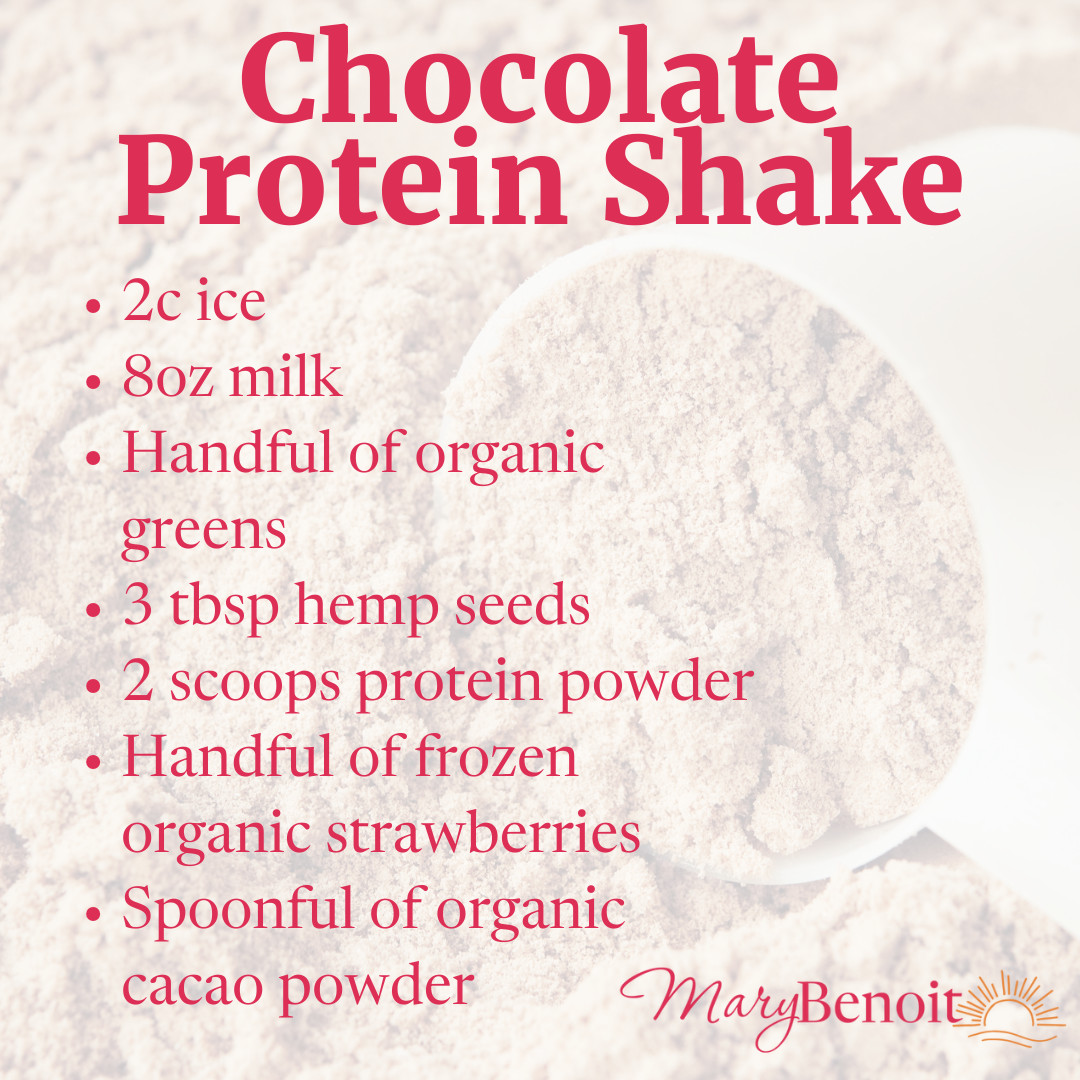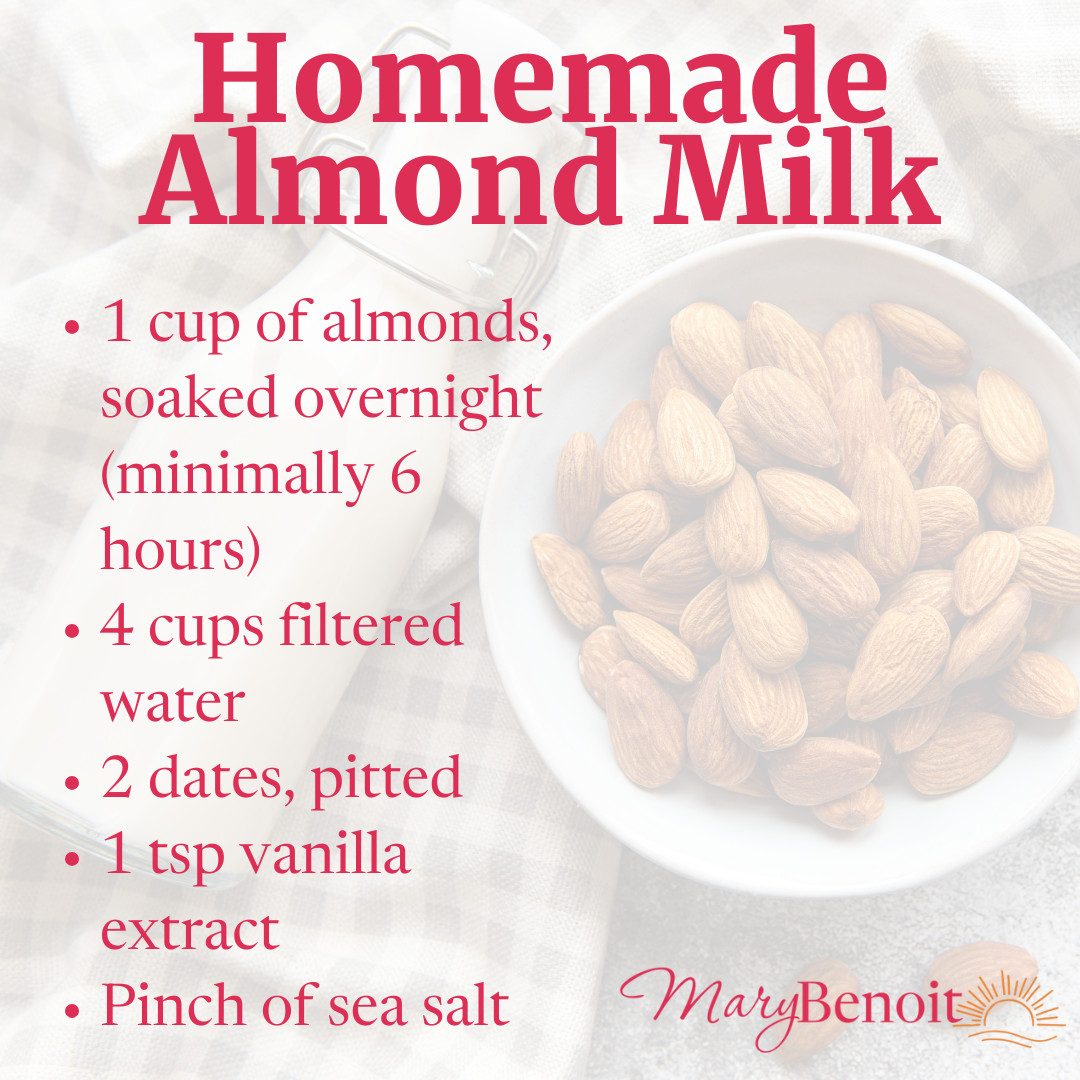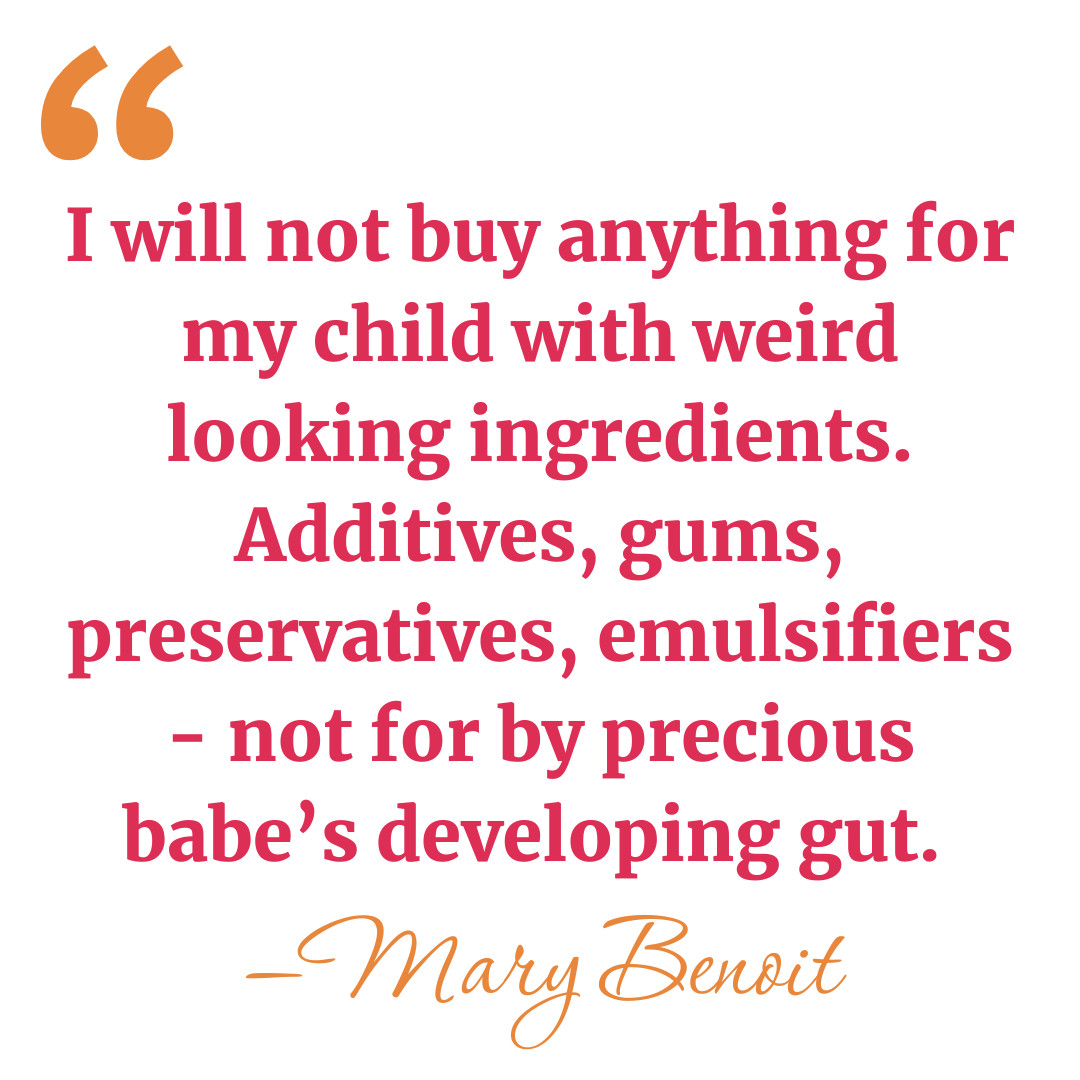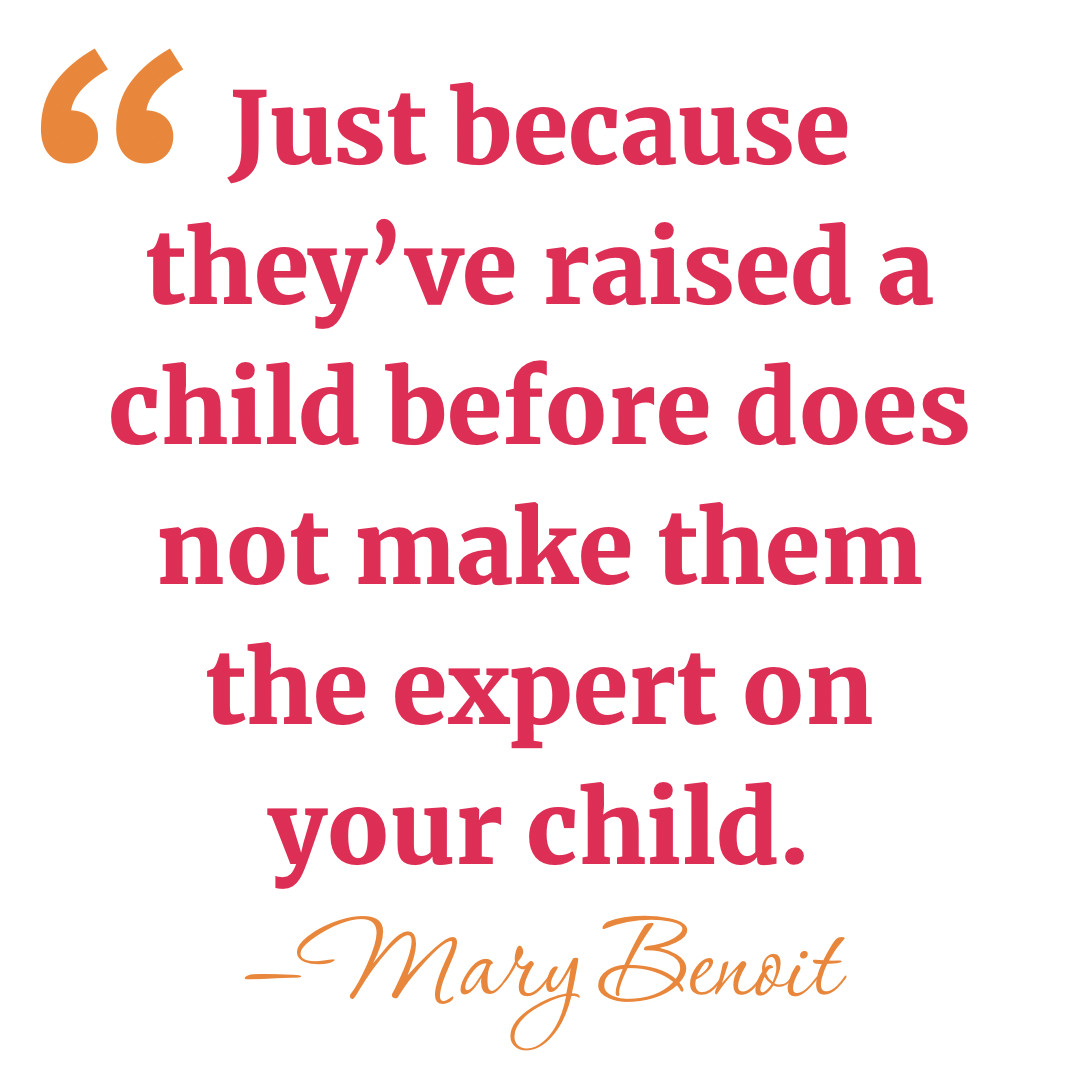For me, eczema looked like I was wearing gloves. Every single person thought it was SO odd that there was such a defined line right at my wrist. My hands would get beet red when I had a really bad flare up, and that was more often than not. This was so bad that I was asked it if was sunburn several times. Nope, it’s eczema. But it sure does burn.
If I was really lucky, the back of my hands, my knuckles, and even my fingers would crack almost like winter skin. But it was year round.
It was downright awful. And I had no idea what was causing it. The worst part? Neither did the dermatologists. They ran some tests and determined it was environmental. I was instructed to stay away from products with Fragrance, and I was prescribed a topical steroid ointment and cream.
The ointment and cream really did help a lot, but the eczema kept coming back. And those topicals were not cheap. So it came time for another prescription refill, and in an act of frustration and desperation, I decided to figure out for myself what was causing my eczema. Naturally I turned to Google: “Causes of eczema.” (And for the record, I do believe if one finds herself dependent on a prescription to cover up a symptom, she at least owes it to herself to try to find the root of the problem.)
Something came up that caught my eye. It’s called Leaky Gut. What they don’t tell you in western medical practices is that eczema is totally and completely related to the health of your gut. This blew my mind. This was a complete game changer. But this was just the beginning of the road.
This started my journey of healing my gut. For me, this looked like working with a Health Coach in her Gut Health workshop. I cut way down on processed foods, started changing out products in my home for plant-based options without chemicals, and took healing supplements like probiotics, hemp oil & detoxers.
I learned about the bacteria in your gut. How you have good bacteria and bad bacteria, and this is normal. But when the bad bacteria outweigh the good bacteria, that’s when you have issues like eczema, acne, infertility, anxiety, depression, fatigue. You know that saying about a “gut feeling”? There’s truth to that because your gut is truly your second brain. Some would argue it’s your first. When there's something in your body that feels "off," healing your gut will likely solve a lot of your problems.
I was mind. blown. when I found out everything gut health impacts. (I was also a bit upset - "WHY DID NO ONE TELL ME THIS BEFORE?") And like any health journey, it wasn’t quite linear for me. I still had work to do. There were still some missing pieces I had to pull together. But we’ll save that for next week.
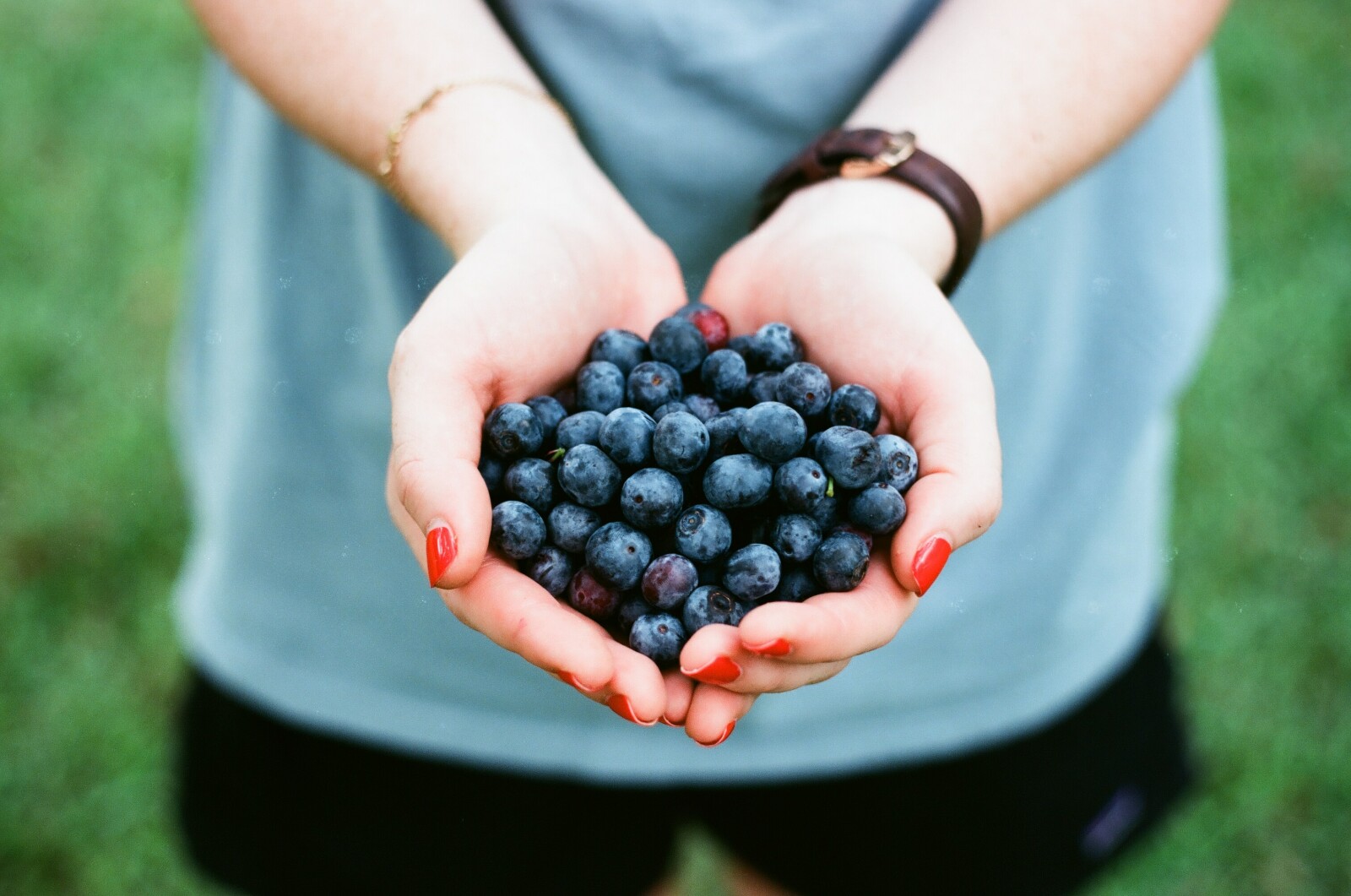
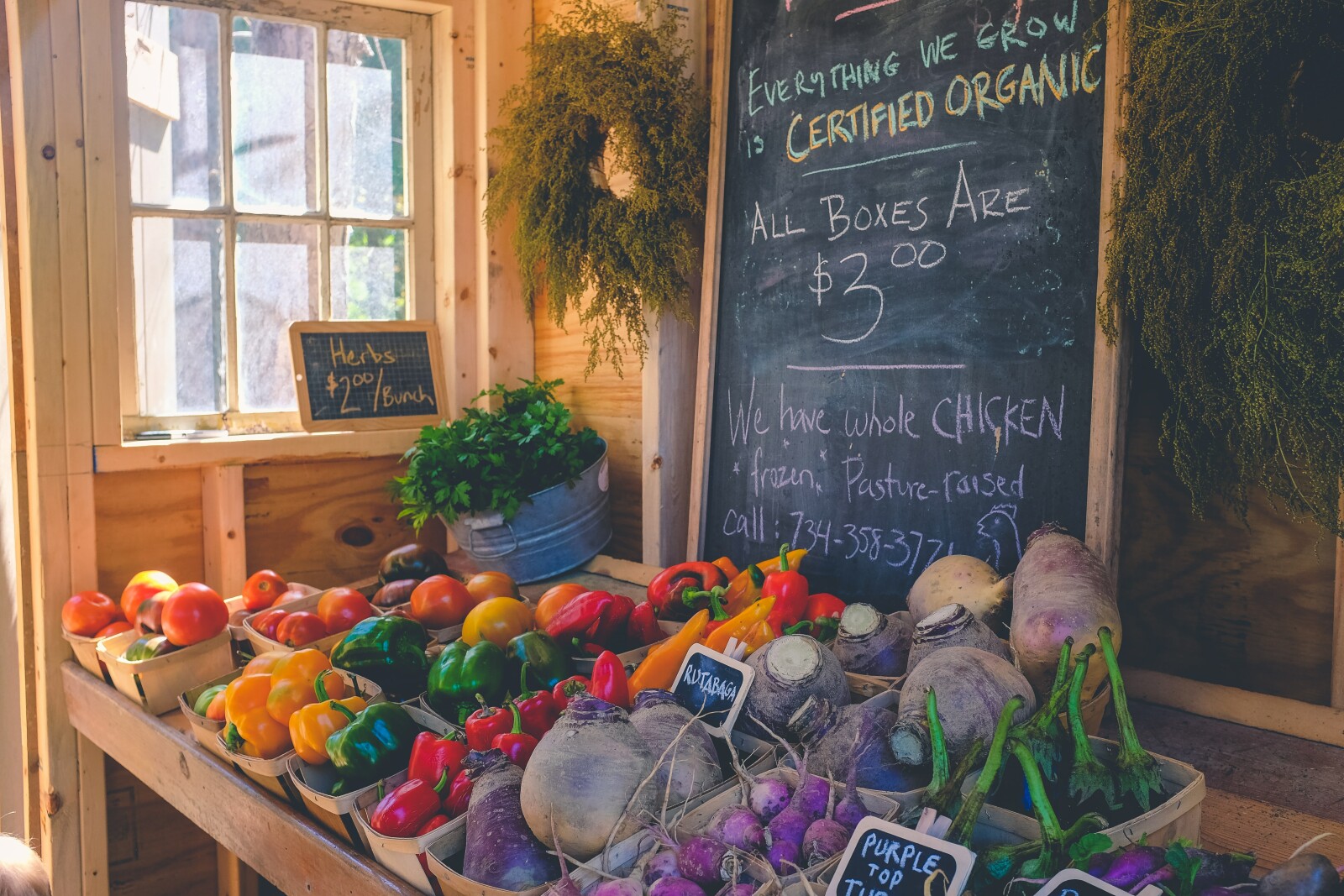
First and foremost, let me clarify: ANY fruits and vegetables are better than NO fruits or vegetables.
“Conventional” produce refers to a system of growing food that uses technology and synthetic chemicals to help increase yields. Conventional farming may include growing the same crop in the same plot each year, genetically modified organisms & synthetic chemicals that target insects & weeds. This is industrial agriculture.
“Organic” produce refers to food produced through more traditional, sustainable methods that align with the natural rhythms of the land. Organic regulations prohibit the use of antibiotics, hormones, GMOs & synthetic insecticides/herbicides. Organic methods help encourage biodiversity through crop rotation & support mineral-rich soil.
There’s a lot of debate on this topic, so let me point out the elephant in the room – there has been research that didn’t find any evidence that organic foods have higher nutrient content than conventionally cultivated foods; however, there has also been research supporting that organic foods contain more nutrients than conventional foods.
HOWEVER even if nutrient content is similar...
1. Organic produce may be significantly higher in antioxidants (particularly in terms of polyphenols - Google the benefits!) when compared to conventional produce
2. Conventionally cultivated produce may have up to 4x more pesticide residue than organic produce
3. Organic foods/practices help nourish the soil & keep it viable for future harvests, whereas conventional methods are more taxing on the environment
A big thing about organic is it avoids synthetic pesticides, it doesn’t put chemicals into the groundwater, it doesn’t affect the wildlife, it reduces fossil fuel consumption, & it tastes better.
Cost is a concern for many, so the good news is the Environmental Working Group tests produce every year for a pesticide count. “The Dirty Dozen” lists fruits & vegetables that tested highest for pesticides (which means these are better to purchase organic), and “The Clean Fifteen” lists the produce ranked lowest in pesticides (which means depending on budget & priority, one may choose to purchase conventional rather than organic).
If you just buy organic produce from “The Dirty Dozen” list, you’re drastically decreasing your exposure to pesticides.
Pro tip: In the grocery store, organics typically have 5-digit price lookup (PLU) codes that begin with the number 9. Conventional produce usually have a 4-digit PLU code that begins with a 3 or 4.
Choosing organic foods in the supermarket can help you avoid pesticides, antibiotics & GMOs, but the organic certification process is costly, so a farm may use organic practices without being organically certified. Knowing how the food is grown is important, so if you’re at a farmer’s market where you can talk to the people growing the food – ask questions! Local, organic & seasonal is best.




